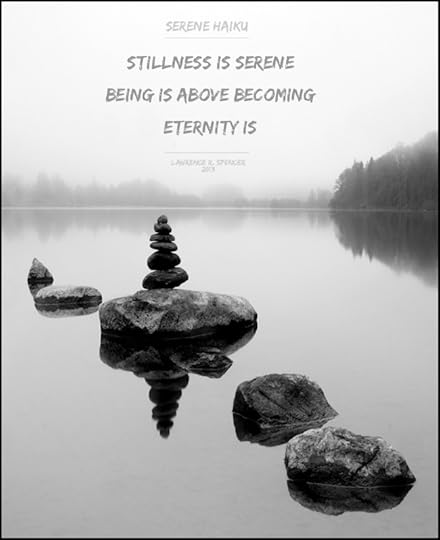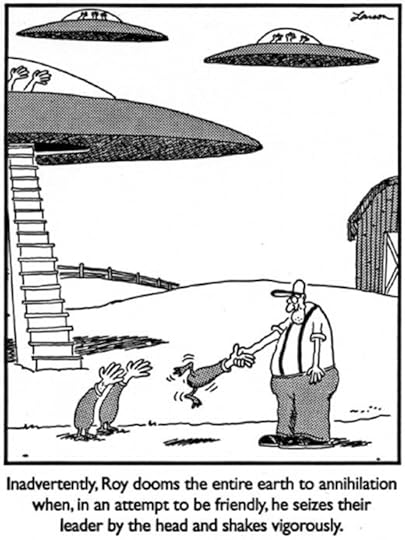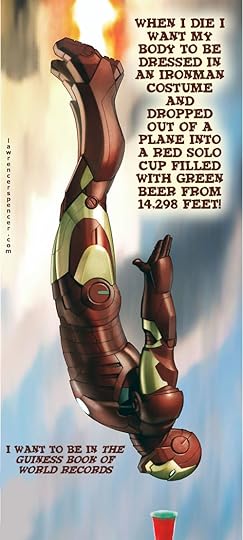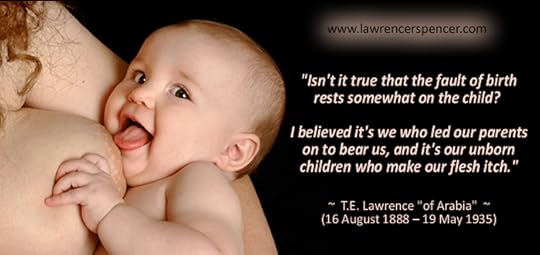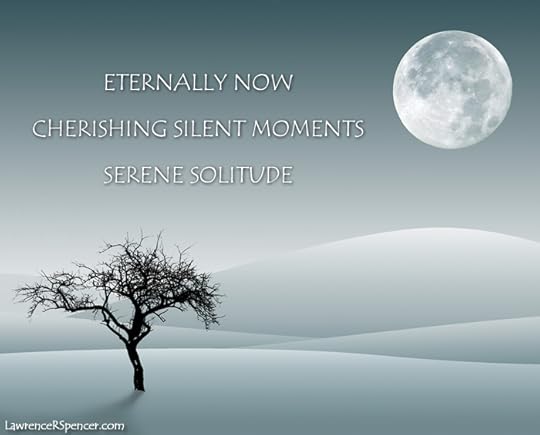Lawrence R. Spencer's Blog, page 90
June 11, 2022
MURDERED AT THE POLLS: EDGAR ALLAN POE
Republished by Blog Post Promoter
 If you think elections in the US are crazy now, read the true story of the death of the Edgar Allan Poe, father of the modern “horror” novel:
If you think elections in the US are crazy now, read the true story of the death of the Edgar Allan Poe, father of the modern “horror” novel:
“…it was raining in Baltimore on October 3, 1849, but that didn’t stop Joseph W. Walker, a compositor for the Baltimore Sun, from heading out to Gunner’s Hall, a public house bustling with activity. It was Election Day, and Gunner’s Hall served as a pop-up polling location for the 4th Ward polls. When Walker arrived at Gunner’s Hall, he found a man, delirious and dressed in shabby second-hand clothes, lying in the gutter. The man was semi-conscious, and unable to move, but as Walker approached the him, he discovered something unexpected: the man was Edgar Allan Poe.
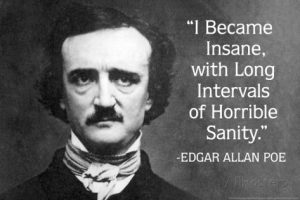 On September 27—almost a week earlier—Poe had left Richmond, Virginia bound for Philadelphia to edit a collection of poems for Mrs. St. Leon Loud, a minor figure in American poetry at the time. When Walker found Poe in delirious disarray outside of the polling place, it was the first anyone had heard or seen of the poet since his departure from Richmond. Poe never made it to Philadelphia to attend to his editing business. Nor did he ever make it back to New York, where he had been living, to escort his aunt back to Richmond for his impending wedding. Poe was never to leave Baltimore, where he launched his career in the early 19th- century, again—and in the four days between Walker finding Poe outside the public house and Poe’s death on October 7, he never regained enough consciousness to explain how he had come to be found, in soiled clothes not his own, incoherent on the streets. Instead, Poe spent his final days wavering between fits of delirium, gripped by visual hallucinations.
On September 27—almost a week earlier—Poe had left Richmond, Virginia bound for Philadelphia to edit a collection of poems for Mrs. St. Leon Loud, a minor figure in American poetry at the time. When Walker found Poe in delirious disarray outside of the polling place, it was the first anyone had heard or seen of the poet since his departure from Richmond. Poe never made it to Philadelphia to attend to his editing business. Nor did he ever make it back to New York, where he had been living, to escort his aunt back to Richmond for his impending wedding. Poe was never to leave Baltimore, where he launched his career in the early 19th- century, again—and in the four days between Walker finding Poe outside the public house and Poe’s death on October 7, he never regained enough consciousness to explain how he had come to be found, in soiled clothes not his own, incoherent on the streets. Instead, Poe spent his final days wavering between fits of delirium, gripped by visual hallucinations.
Poe fell victim to a practice known as cooping, a method of voter fraud practiced by gangs in the 19th century where an unsuspecting victim would be kidnapped, disguised and forced to vote for a specific candidate multiple times under multiple disguised identities. Voter fraud was extremely common in Baltimore around the mid 1800s, and the polling site where Walker found the disheveled Poe was a known place that coopers brought their victims. The fact that Poe was found delirious on election day, then, is no coincidence.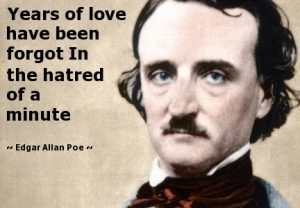
Over the years, the cooping theory has come to be one of the more widely accepted explanations for Poe’s strange demeanor before his death. Before Prohibition, voters were given alcohol after voting as a sort of reward; had Poe been forced to vote multiple times in a cooping scheme, that might explain his semi-conscious, ragged state.
Around the late 1870s, Poe’s biographer J.H. Ingram received several letters that blamed Poe’s death on a cooping scheme. A letter from William Hand Browne, a member of the faculty at Johns Hopkins, explains that “the general belief here is, that Poe was seized by one of these gangs, (his death happening just at election-time; an election for sheriff took place on Oct. 4th), ‘cooped,’ stupefied with liquor, dragged out and voted, and then turned adrift to die.”
___________________
Extracted from http://www.smithsonianmag.com/history...
June 10, 2022
SERENE HAIKU
Republished by Blog Post Promoter
haiku, unrhymed Japanese poetic form consisting of 17 syllables arranged in three lines of 5, 7, and 5 syllables respectively. The term haiku is derived from the first element of the word haikai (a humorous form of renga, or linked-verse poem) and the second element of the word hokku (the initial stanza of a renga). The hokku, which set the tone of a renga, had to mention in its three lines such subjects as the season, time of day, and the dominant features of the landscape, making it almost an independent poem. The hokku (often interchangeably called haikai) became known as the haiku late in the 19th century, when it was entirely divested of its original function of opening a sequence of verse; today even the earlier hokku are usually called haiku.
Originally, the haiku form was restricted in subject matter to an objective description of nature suggestive of one of the seasons, evoking a definite, though unstated, emotional response. The form gained distinction in the 17th century, during the Tokugawa period, when the great master Bashō elevated the hokku, as it was then known, to a highly refined and conscious art. Haiku has since remained the most popular form in Japanese poetry.
INFLATABLE THOUGHT
Republished by Blog Post Promoter
Morbidus: an inflatable thought about the weight of creativity on individuals…..
Morbidus for IdN / Animation from Dvein on Vimeo.
Dvein together with Marc Teitler have created a colourful drama to celebrate the 100th issue of IdN magazine (http://idnworld.com/100/).
CREDITS
Direction & Animation: Dvein (www.dvein.com)
Music & Sound Design: Marc Teitler (http://www.marcteitlermusic.com)
June 8, 2022
June 5, 2022
TIRED OF ALL THE BULLSHIT
Republished by Blog Post Promoter
“When I was a little girl, my mother spoke of a prophecy, of a time when all the world would be covered in darkness and the fate of mankind would be decided. One night I finally got the courage to ask my mother, why God was so mad at His children. “I don’t know,” she said tucking the covers around me:
“I guess He just got tired of all the bullshit.”
June 4, 2022
THE SCIENCE DELUSION
Republished by Blog Post Promoter
Buy a copy of the book here: https://www.amazon.com/Science-Set-Free-Paths-Discovery/dp/0770436706/ref=tmm_hrd_swatch_0?_encoding=UTF8&qid=1542993784&sr=8-1
June 3, 2022
June 2, 2022
THE FAULT OF BIRTH
Republished by Blog Post Promoter
Thomas Edward Lawrence (16 August 1888 – 19 May 1935) was an archaeologist and British Army officer renowned especially for his liaison role during the Sinai and Palestine Campaign, and the Arab Revolt against Ottoman Turkish rule of 1916–18. The breadth and variety of his activities and associations, and his ability to describe them vividly in writing, earned him international fame as Lawrence of Arabia, a title which was later used for the 1962 film based on his First World War activities.
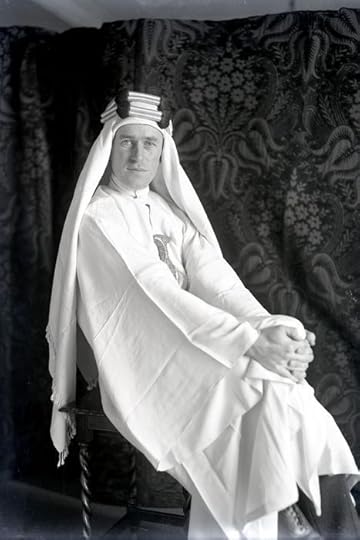 Lawrence was born out of wedlock in Tremadog, Wales, in August 1888 to Sir Thomas Chapman and Sarah Junner, a governess who was herself illegitimate. Chapman had left his wife and first family in Ireland to live with Junner, and they called themselves Mr and Mrs Lawrence. In the summer of 1896 the Lawrences moved to Oxford, where in 1907–10 young Lawrence studied History and graduated with First Class Honors.
Lawrence was born out of wedlock in Tremadog, Wales, in August 1888 to Sir Thomas Chapman and Sarah Junner, a governess who was herself illegitimate. Chapman had left his wife and first family in Ireland to live with Junner, and they called themselves Mr and Mrs Lawrence. In the summer of 1896 the Lawrences moved to Oxford, where in 1907–10 young Lawrence studied History and graduated with First Class Honors.
He became a practicing archaeologist in the Middle East, working at various excavations with David George Hogarth and Leonard Woolley. In 1908, he joined the Oxford University Officers’ Training Corps and underwent a two-year training course. In January 1914, before the outbreak of the Great War, Lawrence was commissioned by the British Army to undertake a military survey of the Negev Desert while doing archaeological research.
Lawrence’s public image resulted in part from the sensationalized reportage of the Arab revolt by an American journalist, Lowell Thomas, as well as from Lawrence’s autobiographical account Seven Pillars of Wisdom (1922). In 1935, Lawrence was fatally injured in a motorcycle accident. Lawrence was portrayed by Peter O’Toole in the 1962 film Lawrence of Arabia.
READ MORE ABOUT THE LIFE OF T.E. LAWRENCER (A.K.A. “Lawrence of Arabia”)

